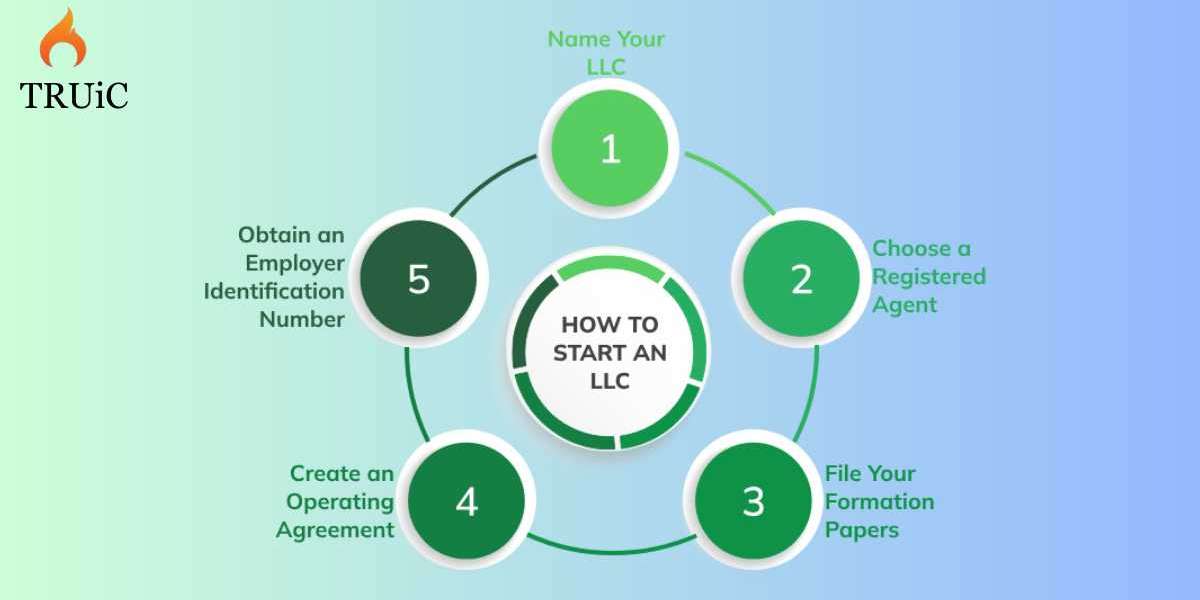Starting an LLC in Texas can be a great way to protect your personal assets and establish a formal business structure. Here's a comprehensive guide on how to start an LLC (Limited Liability Company) in Texas, outlining the steps and requirements involved:
- Name Your LLC: Choose a unique name for your LLC that complies with Texas naming requirements. The name must include "Limited Liability Company" or an abbreviation like "LLC" or "L.L.C." It should not include words that could confuse your LLC with a government agency (e.g., FBI, Treasury, State Department).
- Choose a Registered Agent: A registered agent is a person or entity that accepts legal documents on behalf of your LLC. The agent must have a physical address in Texas and be available during business hours to receive legal notices.
- File the Certificate of Formation: To officially form your LLC, you must file a Certificate of Formation with the Texas Secretary of State. You can file online, by mail, or in person. The form requires basic information about your LLC, such as its name, registered agent, and business purpose.
- Draft an Operating Agreement: While not required by Texas law, it's a good idea to create an operating agreement for your LLC. This document outlines the ownership structure, management responsibilities, and operating procedures of your LLC.
- Obtain an Employer Identification Number (EIN): An EIN, also known as a Federal Tax Identification Number, is required for tax purposes and to open a business bank account. You can obtain an EIN for free from the IRS.
- File for Texas State Taxes: Depending on your business activities, you may need to register for state taxes with the Texas Comptroller of Public Accounts. This includes sales tax, franchise tax, and other state-specific taxes.
- Obtain Necessary Permits and Licenses: Depending on your business type and location, you may need to obtain additional permits or licenses to operate legally in Texas. Check with your local city or county government for specific requirements.
- Open a Business Bank Account: To keep your personal and business finances separate, it's important to open a business bank account for your LLC. This will also help you track your business expenses and income.
- File Annual Reports: In Texas, LLCs are required to file an annual report with the Secretary of State. The report includes updated information about your LLC, such as its members and management.
- Comply with Ongoing Requirements: To maintain your LLC's good standing in Texas, you must comply with all state requirements, including paying state taxes, renewing licenses, and filing annual reports.
Starting an LLC in Texas can be a straightforward process if you follow these steps and comply with all state requirements. If you need assistance, consider seeking the help of a professional business formation service like TRUiC, which specializes in helping entrepreneurs start their businesses successfully.








